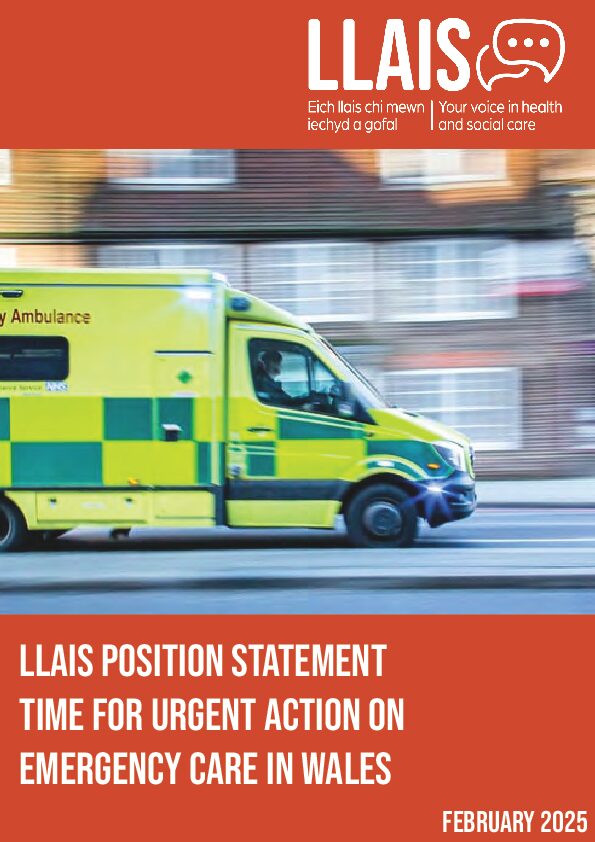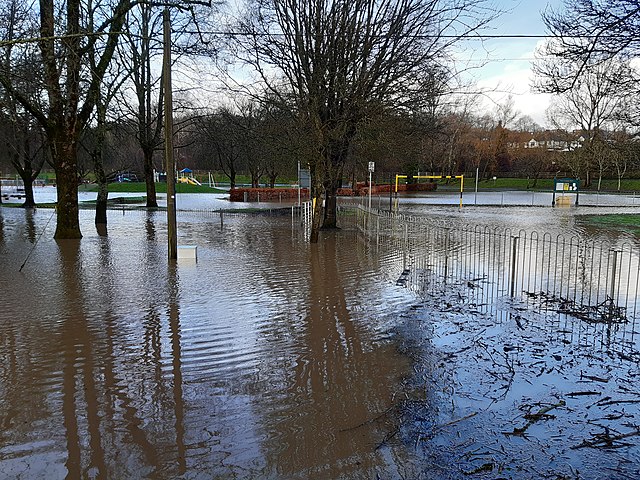I’m an Extreme Environment Expert Here is How to Prepare In the Event of a Flood Alert
Either a Flood Alert (Flooding is possible) or a Flood Warning (Flooding is expected) has been declared in your area? What next? Here’s a five-step plan:
Prepare a Flood Kit:
You’d be surprised how quickly flooding can take place once heavy rains start. When a flood alert is issued the very first thing you should do is ensure you have an emergency flood kit ready in case you need to evacuate.
Your flood kit should contain essential items for you and your family such as:
- Bottled water and energy or snack bars
- A torch and spare batteries
- Chargers and battery packs for mobile phones
- A first aid kit with any regular medications your family needs
- Important documents such as home insurance paperwork and passports in waterproof document sleeves.
Make sure this kit is kept somewhere easily accessible when leaving the building, can be easily carried, and is light enough to be lifted over your head if needed.
Secure Important Documents and Valuables:
Place important documents and paperwork that you’re unable to take with you in waterproof lock boxes. Additionally, consider creating digital copies and storing them securely in the cloud.
Safeguard valuables and sentimental items by moving them to the highest floor in your home to reduce the risk of damage.
Remember flood water can be contaminated with sewage and harmful chemicals and it is likely anything damaged by it will not be salvageable.
Unplug and Move Electronics and Appliances
If you’re able to then raise portable electrical appliances, such as TVs, Computers Microwaves, and coffee machines to higher levels within the property. This not only prevents them from being damaged by flooding but it reduces the risk of electrical hazards.
You won’t always be able to move in built appliances or bigger ones such as washing machines but you can unplug them to avoid short circuits.
Have Sandbacks on standby
Try to stock up on your own flood protection measures such as sandbags as soon as possible.
You may find if flooding is widespread that the council and army will be handing these out usually by that point it is about stopping further damage rather than preventing it at all.
Seal all around ground-level windows and doors to minimise water infiltration. You can do this with good-quality electrical tape or silicone plumbing tape. These can be purchased inexpensively from hardware stores.
If you’re in a flood-prone area consider investing in a plumber to install non-return valves in drains to prevent sewage backup.
Have an Evacuation Plan:
Protecting your home and property is one thing but it should never come at the expense of protecting yourself and your family.
Make sure you know the safe evacuation route from your home to either higher ground or the local emergency shelter.
Make sure you have emergency contacts and important phone numbers stored on your phone, don’t rely on being able to Google them at the last minute.
Always follow any advice from local authorities and emergency services, and remember to look out for elderly and vulnerable neighbours who may need additional help when evacuating.
If you’ve flooded once is further flooding likely?
“Yes, especially if you do not take measures to protect against further flooding. This is why it is important to take proactive measures to protect against further flooding. Whether it’s implementing flood defence systems, improving infrastructure or adopting sustainable land management practices, these actions can significantly reduce the risk of future flooding. It’s essential to learn from the past and take appropriate steps to mitigate the impact of flooding in the future.”
How prepared do we all in the UK need to be for flooding events, are they going to be more and more likely in future?
“Climate change is likely to lead to more extreme rainfall events, which in turn will lead to more flooding events. It is always beneficial to be prepared for a flooding event, which can be done by the things I mentioned above – implementing flood protection systems, improving infrastructure or adopting sustainable land management practices.”
-Dr Chris Hogan, Consultant and Meteorologist at KISTERS
Help keep news FREE for our readers
Supporting your local community newspaper/online news outlet is crucial now more than ever. If you believe in independent journalism, then consider making a valuable contribution by making a one-time or monthly donation. We operate in rural areas where providing unbiased news can be challenging. Read More About Supporting The West Wales Chronicle
























